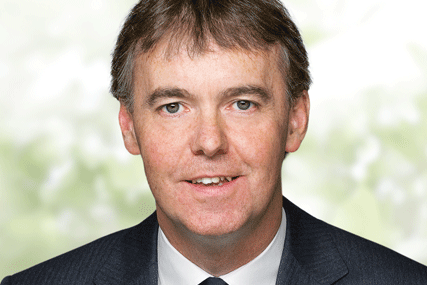
Ofcom opened an investigation into the pay-TV market in March 2007, following a submission from BT, Setanta, Top Up TV and Virgin Media, which set out concerns that competition in the pay-TV market was not working effectively.
. Ofcom said the new regime "is designed to address our concerns about the restricted distribution of premium sports and movies channels operated by BSkyB".
Darroch said "it defies belief" that Ofcom expected Sky to "lower its wholesale prices to compensate for the higher costs of less efficient platforms".
He said: "Forcing Sky to sell its channels for less than their true value is a subsidy for companies that have shown no appetite for investment in programmes. BT and Virgin Media do not deserve to be handed a reward, at Sky's expense, for their repeated failure to invest. It defies belief that Ofcom expects Sky to lower its wholesale prices to compensate for the higher costs of less efficient platforms."
He labelled Ofcom's plan "an unprecedented level of interference in commercial markets", adding: "Good regulation does not involve micro-management. Nor does it mean tinkering to reshape an industry so it matches a preconceived ideal or a spreadsheet in a regulator's office.
"We reject Ofcom's assumption that it knows better than us how to create value for our business."
Earlier, Virgin Media welcomed Ofcom's proposals.
Neil Berkett, Virgin Media chief executive, said: "We have always argued that the pay-TV market is not working in the interest of consumers. Ofcom's statement appears to be an exhaustive analysis of the problem and we're pleased the issue is getting the careful scrutiny it deserves. We will continue working with Ofcom to bring its investigation to the quickest possible conclusion."


.jpg)


.jpg)